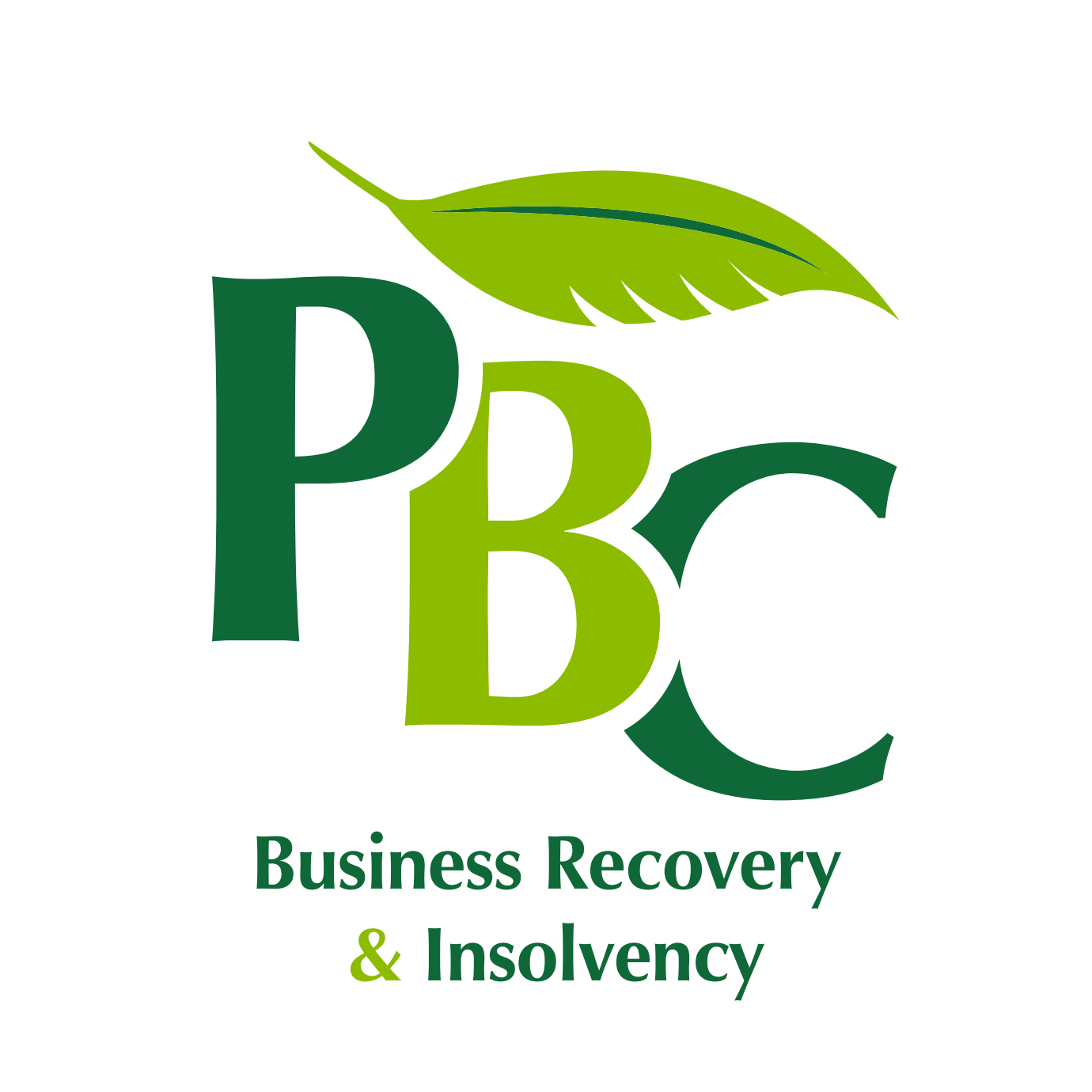
When you think of Ali Campbell you think of UB40, Shane Filan, Westlife and Martine McCutcheon may bring back memories of “Eastenders”. What they all have in common is being made bankrupt, which goes to prove cash is king.
There is an old joke about the husband who did not report his wife’s card stolen because the thief was spending less than she did. Excluding mortgages, household borrowing in the UK rose to £198 billion and with car financing increasing by 15% and credit card debt by 10% this represents the fastest growth in debt levels since 2005. Statisticians suggest the average household could last just 32 days without any income and that more than 22% have savings below £500.
This depressing picture is indicative of how austerity has impacted on the general public. However, it does not reflect the true picture because the reports on personal debt do not include “Hidden” liabilities such as personal guarantees for third party borrowing or directors over-drawing on their loan accounts. The worst case I have seen so far was a former partner of a failed legal practice whose Christmas present in 2014 were demands amounting to £11 million. Try explaining that to your spouse!
At PBC we see people with personal debts ranging from less than £10,000 up to the poor sole mentioned above. Regardless of the quantum of debt they all endure the same; demand letters, High Court Enforcement Officers, threats of bankruptcy etc. Admittedly, there are some who consult PBC where bankruptcy is the best option for that individual due to the overall circumstances. Others, like our client with the unwanted Christmas present, entering into an individual voluntary arrangement (“IVA”) provided certainty and protected his career.
As implied, an IVA is not right for everyone. It is a deal with your creditors; a balanced compromise where there are benefits for both the client and their creditors and demonstrates being more beneficial than bankruptcy. The key component from the client perspective is you must have something to offer, whether that is an income contribution or tangible offers, or a combination of both.
The principle message has (and will always be) take advice early. The longer you leave debt-related problems the more antagonised your creditors will become, the more cumbersome the debt and the less creditors will be persuaded to support any form of compromise you may wish to put forward.





